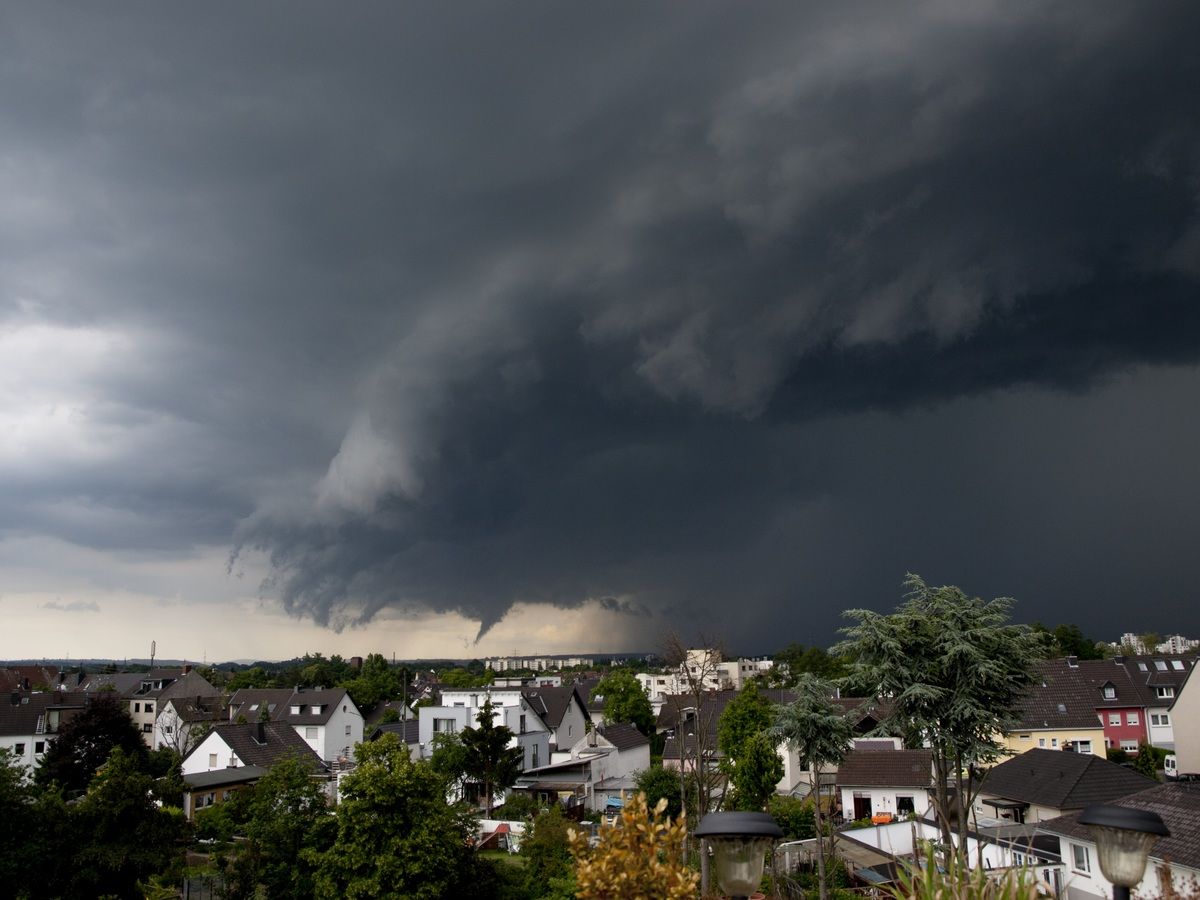A striking new report from Statistics Canada has found that parental property ownership not only affects children’s ability to access home ownership as adults, but also the value of the properties they own are also notably higher. The effect is most pronounced in expensive housing markets – Toronto, Kelowna, Vancouver and Victoria were held up as examples – and more limited in most rural areas across the country.
Bank of Mom and Dad
“An increasing reliance on ‘the bank of Mom and Dad’ raises serious questions about how inequalities in home ownership can be reproduced across generations,” the researchers write. The report, Intergenerational housing outcomes in Canada: Parents’ housing wealth, adult children’s property values and parent-child co-ownership, goes on to say that one in six residential properties, or 17.6 per cent, owned by people born in the 1990s, were also co-owned by their parents in 2021.
“This proportion was higher in more expensive urban markets such as Toronto, Guelph, Abbotsford-Mission, Vancouver and Victoria,” they state. “Parent’s housing wealth was associated with higher property values for their children, especially in Toronto, Kelowna, Vancouver and Victoria. In these cities, children whose parents were at the top of the housing wealth distribution owned properties that were on average 29.6 per cent to 37.4 per cent more valuable than properties owned by people whose parents were at the bottom of the housing wealth distribution.”
Rural areas
In rural areas in most provinces, however, the role of parental wealth is more limited – these adult children still enjoyed higher property values, but examples show the gap dropping to high single digits – in rural Nova Scotia, for example, the difference in median property values between the lowest and highest earners was 8.4 per cent.
Higher rates of co-ownership were also found in more expensive urban markets; these were highest in Ontario and British Columbia. The share of residential properties co-owned by people born in the 1990s ranged from 5.8 per cent in the Northwest Territories, to 19.8 per cent in Ontario and 20.3 per cent in British Columbia.
Mortgage co-signing
The report further found that around three-in-ten properties co-owned by parents are likely to be mortgage co-signing arrangements; for 34.4 per cent of parent-child co-owned properties, parents and their adult children co-owned a sole property. (This, they say, may represent multigenerational housing arrangements and situations where children have been added to the title for inheritance purposes.)
Notably, in situations where adult children owned multiple properties, their parents also owned multiple properties. “Among people born in the 1990s who were multiple-property owners (5.9 per cent of the cohort), 29.7 per cent co-owned at least one of their properties with a parent.”














